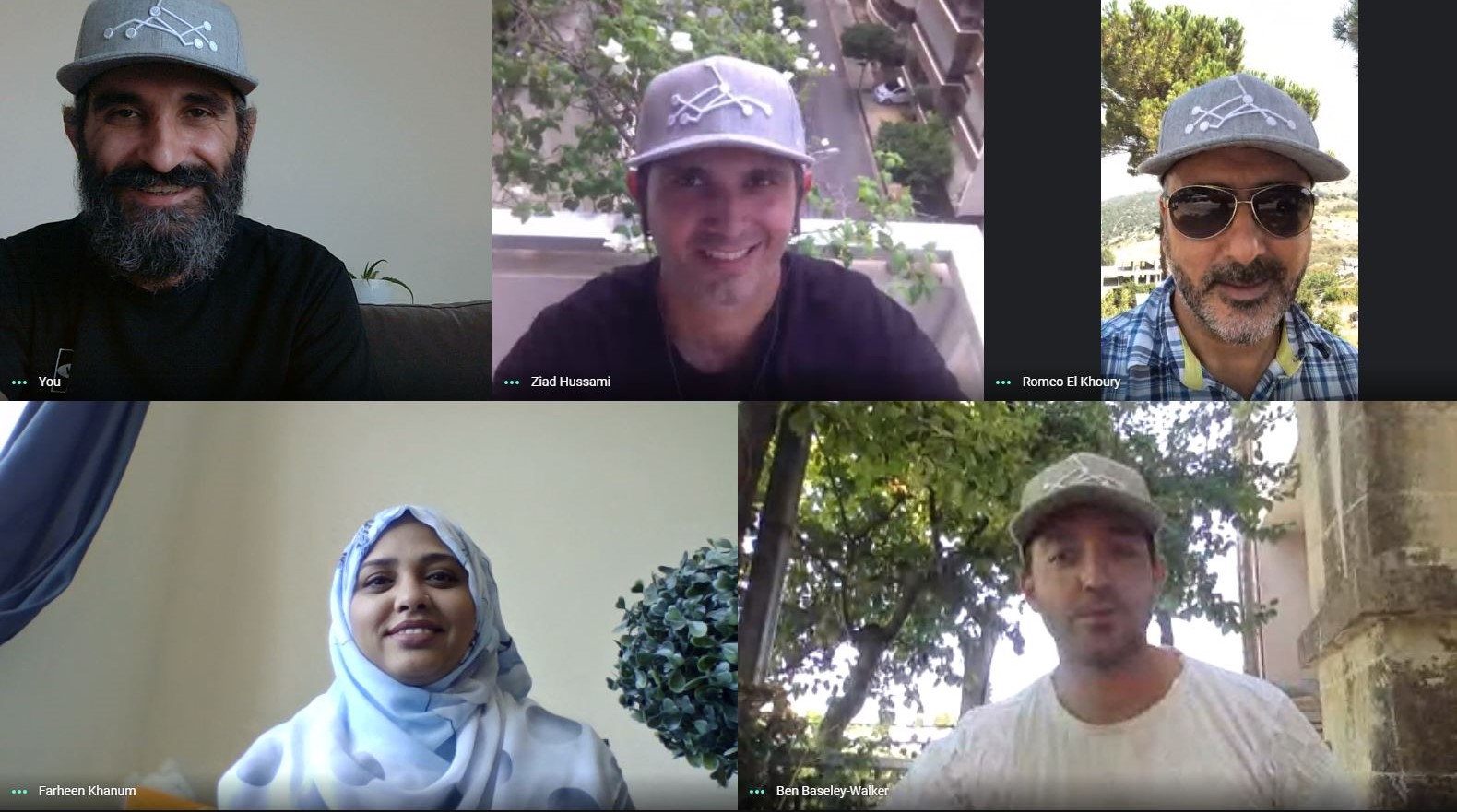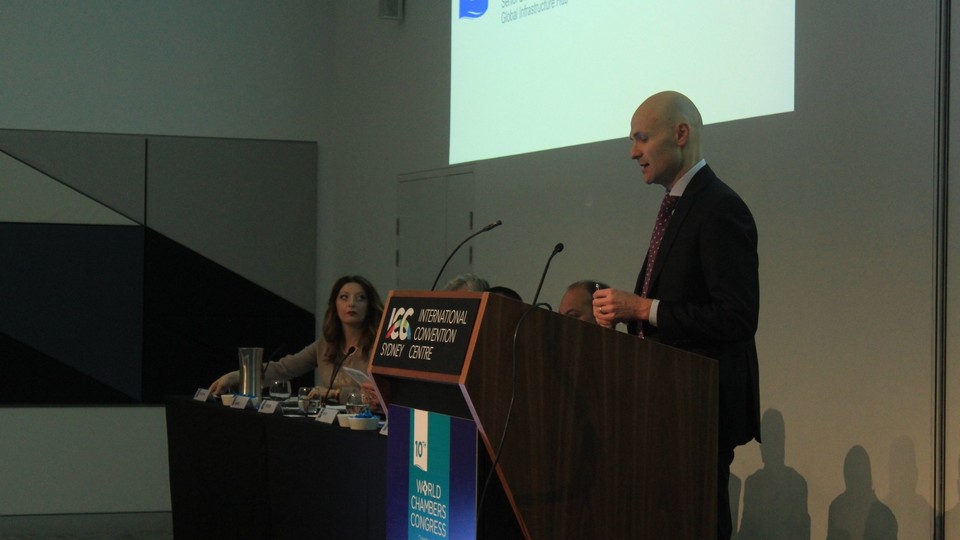934 results found
Featured results



More results
Learn how the transition pathways for sustainable infrastructure link long-term sustainability goals with infrastructure plans.
The development of credit ratings for loans in emerging countries is critical for accessing capital markets
The African Development Bank (AfDB) is mandated to drive social and economic development in Africa through multiple project types including infrastructure
An summary of the key takeaways of G20 and World Bank-IMF Annual Meetings in Marrakech in October 2023.
Low-cost, rapid tech solution for refugee camps and global urbanisation takes home InfraChallenge 2020
This report provides a view on the Chongqing area and argues three dimensions of connectivity can be improved: physical (infrastructure) connectivity, digital connectivity, and economic integration with nearby areas, the report then provides a strategy on how to carry this out.

This report provides an analytical framework to understand the fundamental institutions of good telecommunications regulation and analyzes the governance of telecommunications in Latin America and the Caribbean.


In this article, the authors explore the successes and failures of the built environment’s digital transformation to date, why the Smart City concept is necessary but not sufficient and 3 steps for achieving the Adaptive City of the future – one which works for everyone.


This brief illustrates the rationale, methodology and results of the African Infrastructure Development Index.

This guide outlines five steps in the context of achieving a knowledge exchange, (i) Anchor the knowledge exchange, (ii) Define the knowledge exchange, (iii) Design and develop the knowledge exchange, (iv) Implement the knowledge exchange, (v) report the results. Case studies from South America and Africa are discussed with reference to this guide.

This guide outlines five steps in the context of achieving a knowledge exchange, (i) Anchor the knowledge exchange, (ii) Define the knowledge exchange, (iii) Design and develop the knowledge exchange, (iv) Implement the knowledge exchange, (v) report the results. Case studies from South America and Africa are discussed with reference to this guide. This is the second edition of the document updated in 2015.

This guide outlines five steps in the context of achieving a knowledge exchange, (i) Anchor the knowledge exchange, (ii) Define the knowledge exchange, (iii) Design and develop the knowledge exchange, (iv) Implement the knowledge exchange, (v) report the results. Case studies from South America and Africa are discussed with reference to this guide. This is the second edition of the document updated in 2015.

This is a practical guide describing "how to design, implement, and measure progress with regard to knowledge exchange initiatives," according to the World Bank's summary.

The Blue Dot Network aims to help mobilise private sector investment by identifying and encouraging market-driven, transparent, and sustainable infrastructure projects. It establishes a voluntary, private-sector focused, government-supported project-level certification that aligns with the G20 Principles for Quality Infrastructure Investment, the UN Sustainable Development Goals, the International Finance Corporation (IFC) Performance Standards, the Equator Principles, the OECD Guidelines for Multinational Enterprises, and the OECD Recommendation on the Governance of Infrastructure.

This map summarizes information on the connectivity of 67 important South Asian cities concerning infrastructure networks.

The Decision Tree Framework is a robust decision scaling approach from the World Bank that provides resource-limited project planners and program managers with a cost-effective and effort-efficient, scientifically defensible, repeatable, and clear method for demonstrating the robustness of a project to climate change.

This report looks into the area of Congqing, benchmarking its performance against other regions within China and outlining pillars to achieve Chongqing's vision and the risks associated with this vision.

The European Investment Bank adopted the EIB Group Gender Strategy on 13th December 2016, building upon an extensive review of and alignment with relevant EU legislation and policy documentation.

The European Investment Bank adopted the EIB Group Gender Strategy on 13th December 2016, building upon an extensive review of and alignment with relevant EU legislation and policy documentation.

The European Investment Bank (EIB) calculates the economic returns of its projects using internationally accepted methods.




 Transformative Outcomes Through Infrastructure
Transformative Outcomes Through Infrastructure




